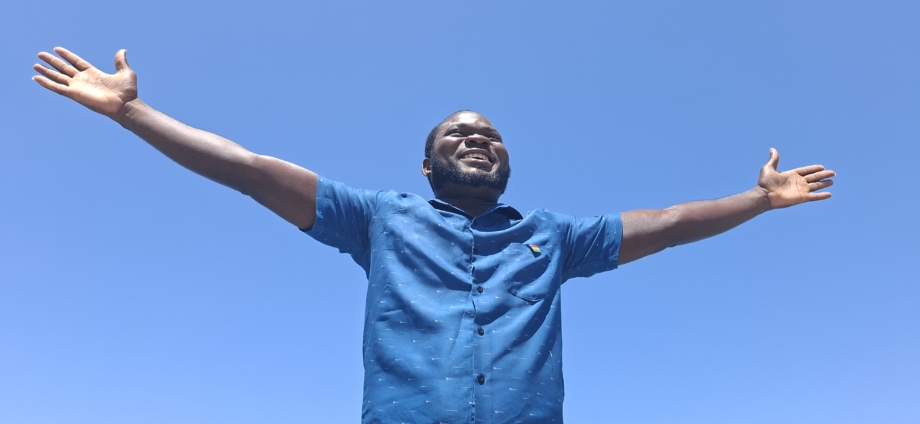I love Africa. I've always dreamt of crisscrossing the continent, soaking in our continent's rich cultural diversity.
Travel and see, they say.

Kenya, Botswana, South Africa, Rwanda and Cape Verde sit at the top of my African travel bucket list - and for a good reason.
Kenya, for its breathtaking safaris culminating in a moment with the seventh wonder, the wildebeest migration along the Mara River overlooking the picturesque Mount Kilimanjaro in Tanzania. The breathtaking snow peaks of Mount Kenya fed my childhood love for wildlife documentaries.
Botswana, for its tranquil, luxury experiences in the Okavango Delta.
South Africa, because who wouldn’t want to walk the path of Madiba on Robben Island?
Rwanda, for a firsthand experience of the rebuilding post genocide and reflect on the sanctity of life appreciating its history.
Cape Verde, with its volcanic beauty and Creole charm, rounds off a list that seems to have written itself.
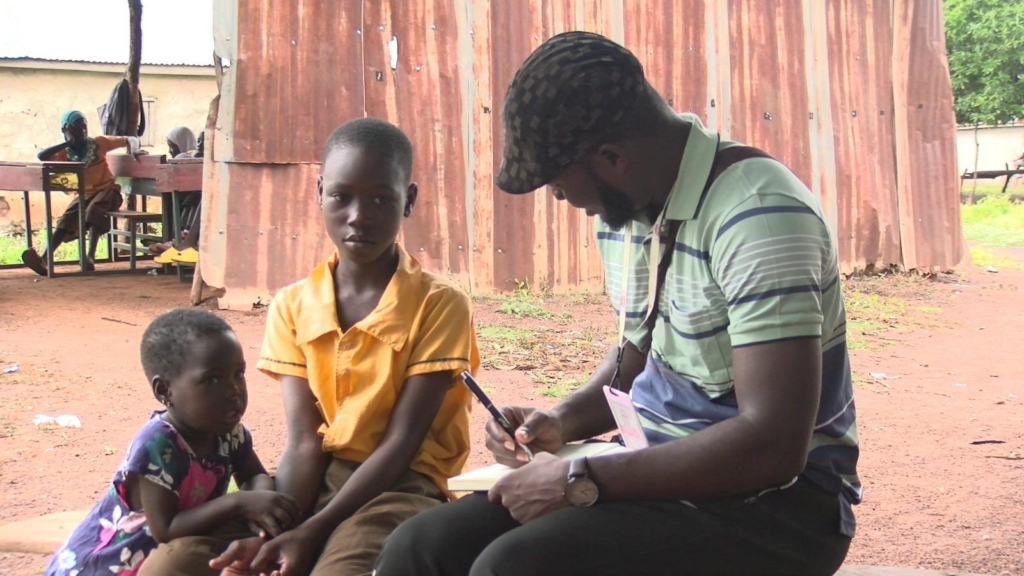
In truth, these preferences were shaped largely by friends who had been there and shared their memories - and a fair bit of reading and scrolling through travel feeds.
And oh, how could I forget - Egypt? Our 'in-laws,' right? Ghana's first President, Dr. Kwame Nkrumah, found love there.
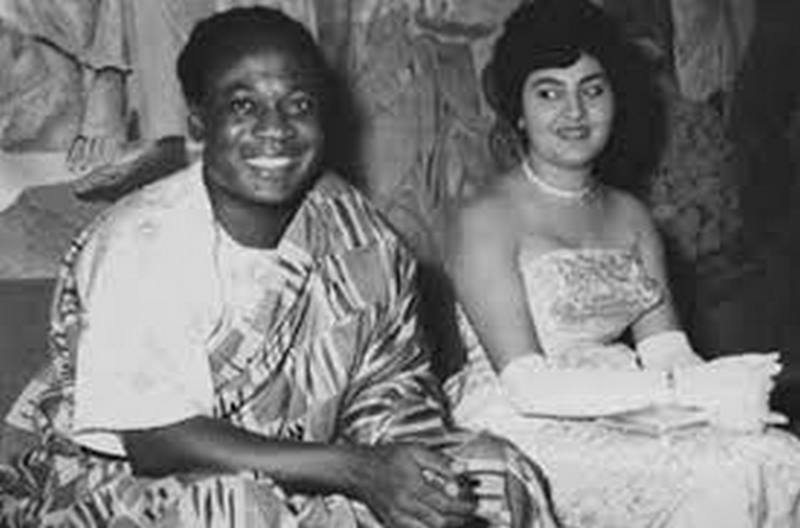
Egypt is Africa's most successful nation at the African Cup of Nations and more recently, the global stardom of Mo Salah has put it firmly in the football spotlight. During my first year at university, my 'Civilisation of Antiquity' course made it clear - modern civilisation started in Egypt. The pyramids, pharaohs and philosophies are where it all began.
Yet strangely, Egypt never made my personal top-five list.
Maybe it was the biblical imagery of Pharaoh - oppression, plagues, a cursed land. Perhaps I unfairly boxed it into the ancient past and left it there.
But destiny, as it turns out, had its own itinerary.
A few weeks ago, I was nominated for a three-week journalism training programme in Cairo, hosted by the Union of African Journalists (UAJ).

It's a course that brings together young journalists from across the continent to deepen our craft, sharpen our storytelling in a digital age and forge professional connections.
My focus was clear: learn, collaborate and better tell 'The Africa' story.
Not once did it cross my mind to explore Egypt. It simply wasn't on my dream list.
But then came the flight - 3,700km in about five hours. Abigail, my compatriot and I landed at Cairo International Airport, a little travel-weary but excited. A friendly face welcomed us - our designated airport liaison. He was warm…and smoking.
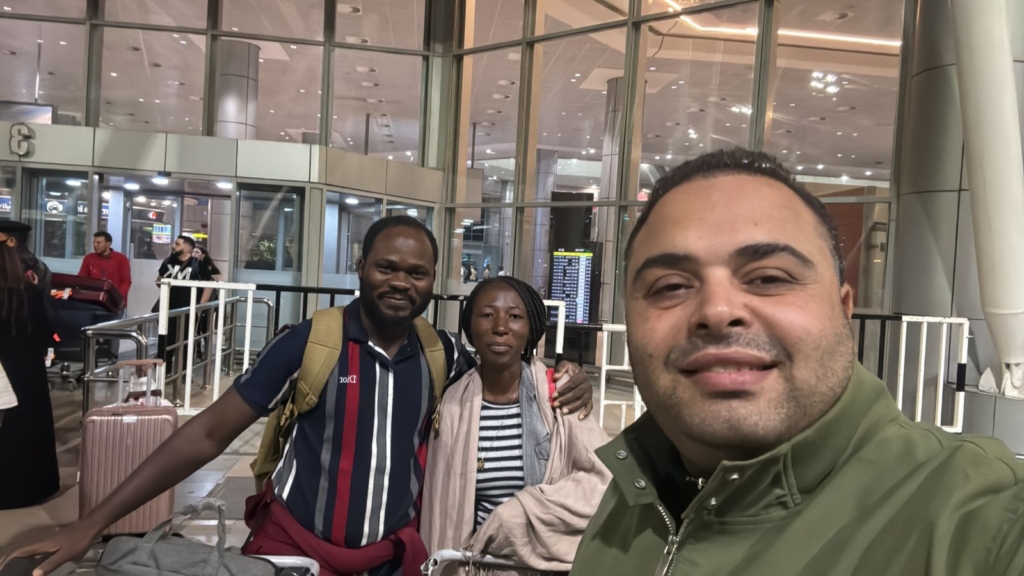
Warm and smoky? Not quite the welcome I had imagined. The ride to our hotel was smooth - far smoother than navigating the potholes and manholes back home. But the smell of smoke lingered.
I tried to overlook it. Maybe the weather - chilly, dry, unfamiliar - made a cigarette more inviting.
Soon, I realised that beyond the smoke, Egyptians were incredibly warm-hearted. My Egyptian course mates - Sarah, Sahar, and Zeinab - were always looking out for us. And our Coordinator, Abdelaziz Mohamed? The man redefined calm. Even in frustration, he spoke with disarming diplomacy and grace.
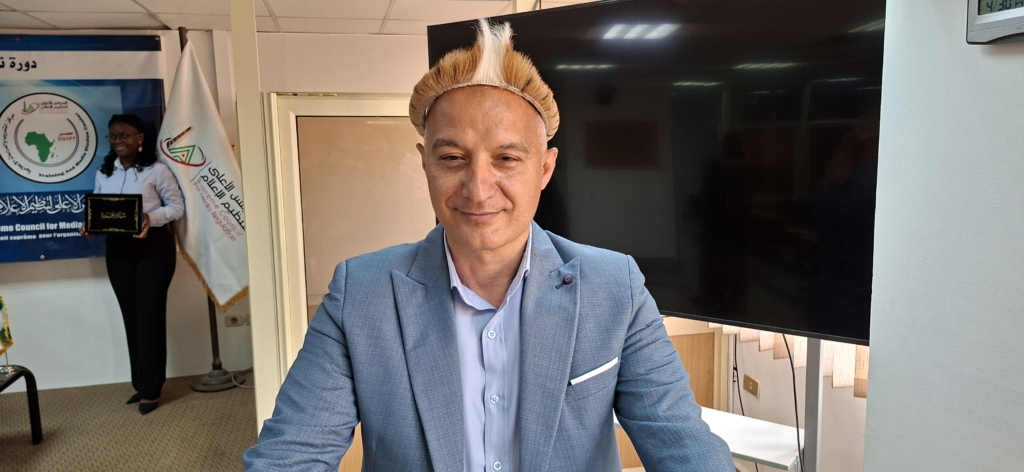
Then there was Nahla Meguid – the go-to person for anything and everything. With a heart as expansive as the Nile, she always made time to listen, offering comfort and counsel even in the midst of serious challenges. She embodied the essence of an African mother - nurturing, wise, and endlessly patient - anchoring us in ways words can hardly describe.
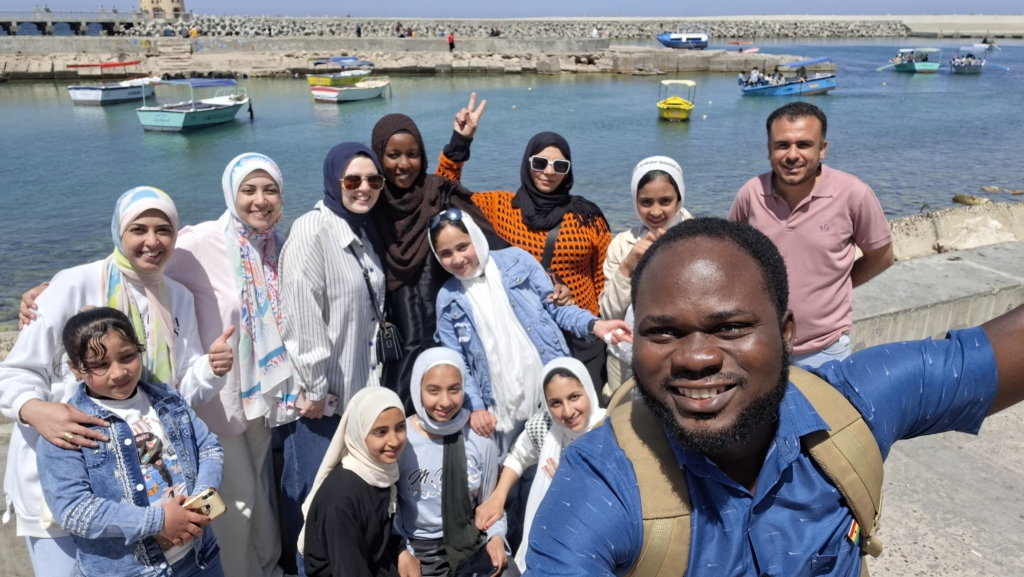
From Cairo's streets to its shopkeepers, ordinary citizens made me feel seen. I was far from home, yet oddly at home.
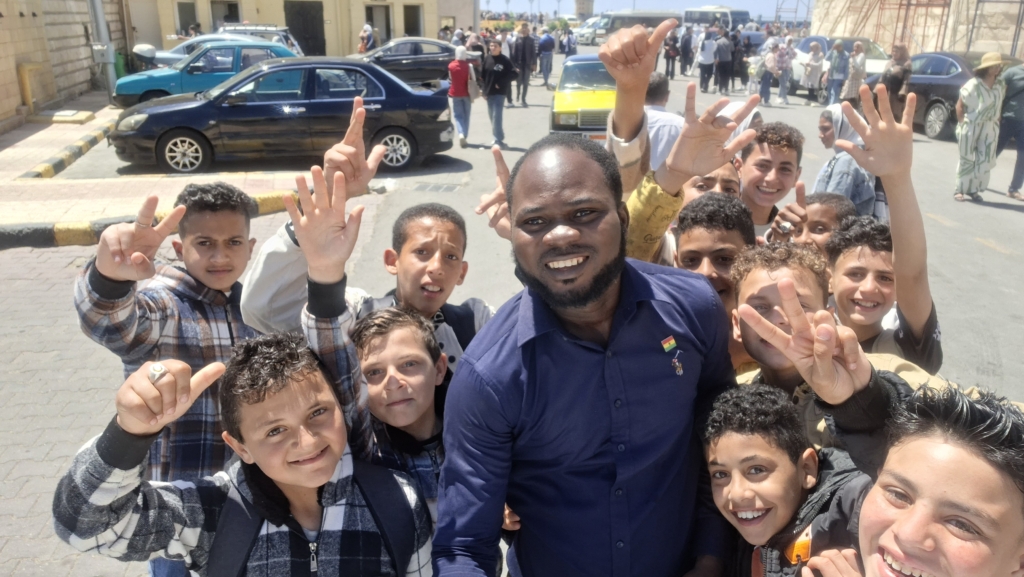
In our first week, we traveled to Egypt's second capital - Alexandria. The city stole my breath. How had this stunning Mediterranean gem remained so under-celebrated globally? If only Egypt marketed its beauty the way Dubai flaunts its skyline!
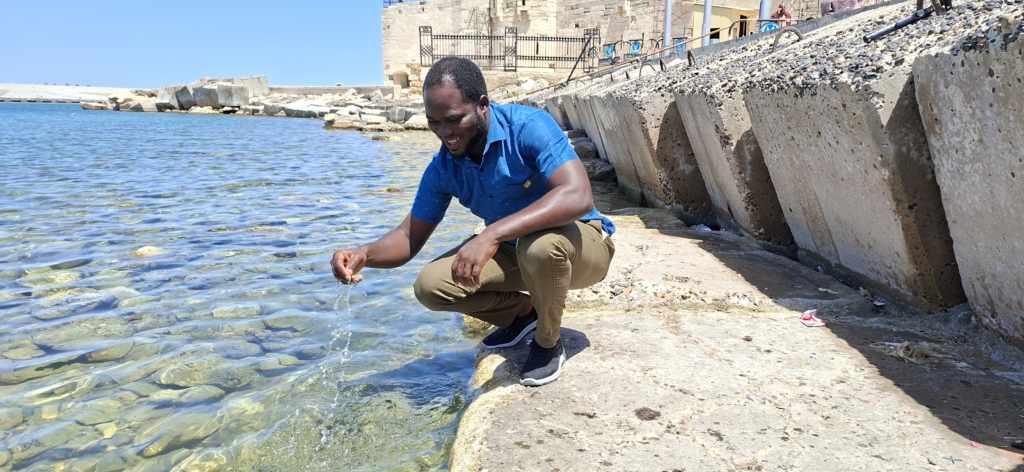
We visited the Citadel of Qaitbay, a 15th-century fortress kissing the sea. Not far from there, we took a boat cruise across the gentle waves of the Mediterranean.
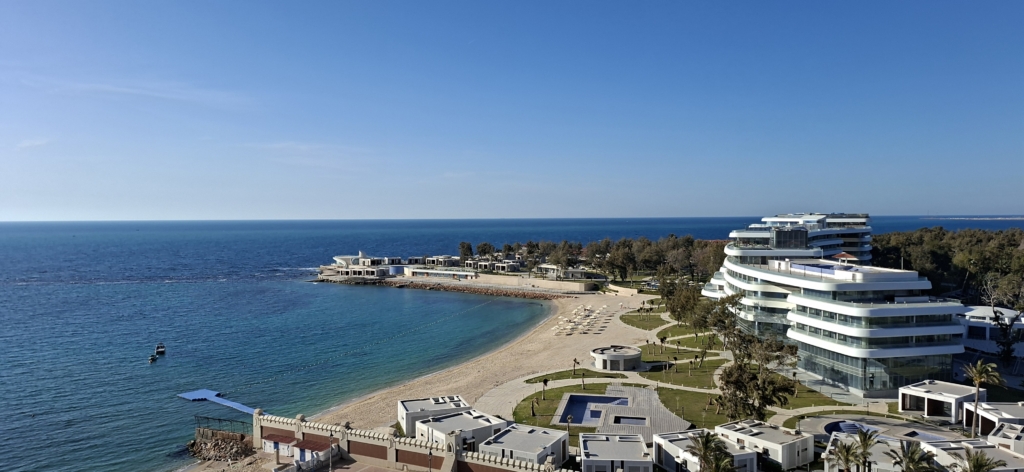
For my Nigerian colleague, Sakina, it was her first time on water - she gripped the edge of the boat nervously at first, then slowly loosened up, laughing along with the rest of us. My Kenyan friends, Carol and Muna joked about bottling the sea and taking it home.
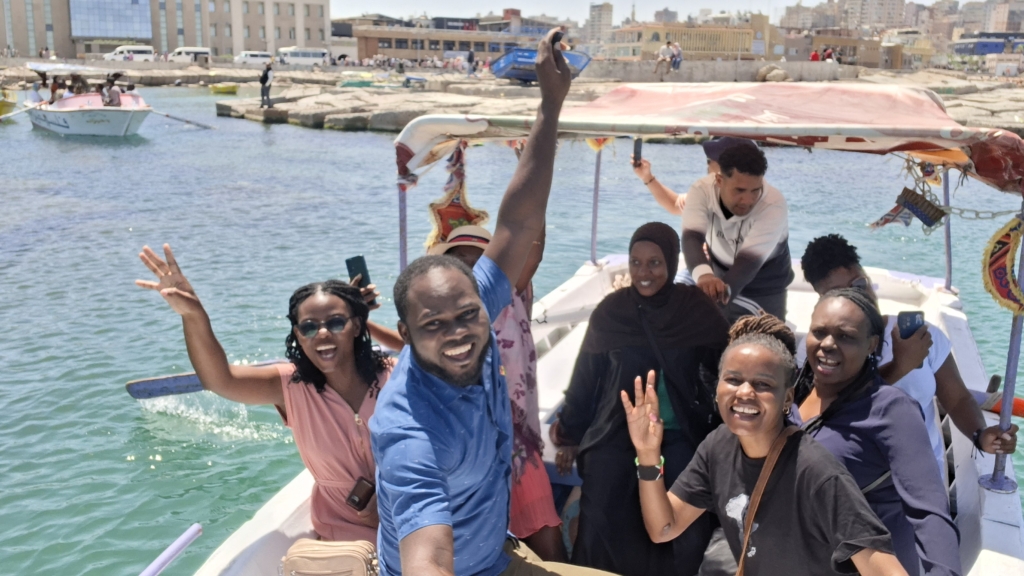
Muna and I sat in local cafés, sipping Egyptian coffee with Cinnamon, talking Africa - its dreams, its pain and thorny issues I'll keep for another piece.
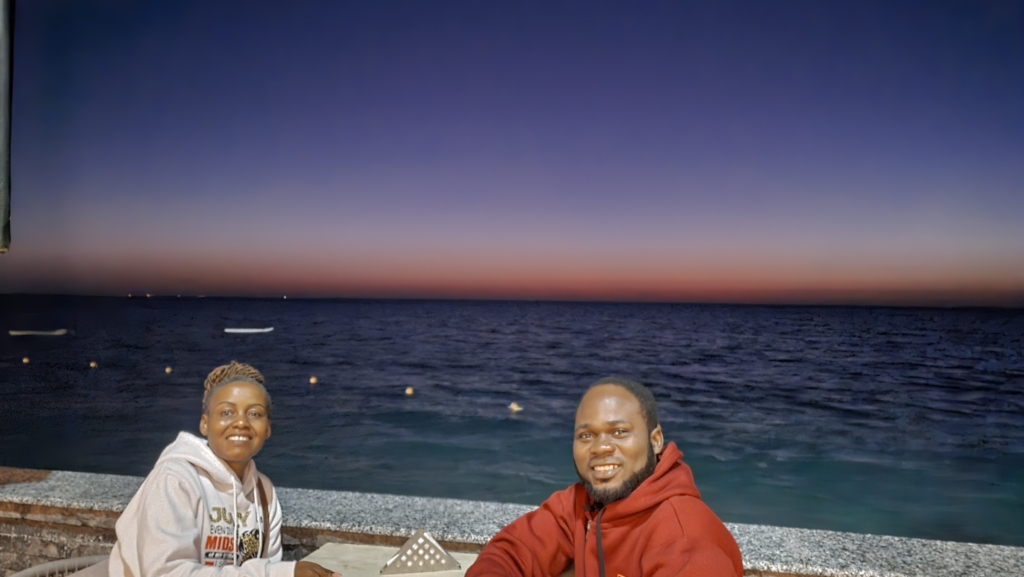
But nothing could have prepared me for the Library of Alexandria - a breathtaking fusion of modern brilliance and ancient wisdom.
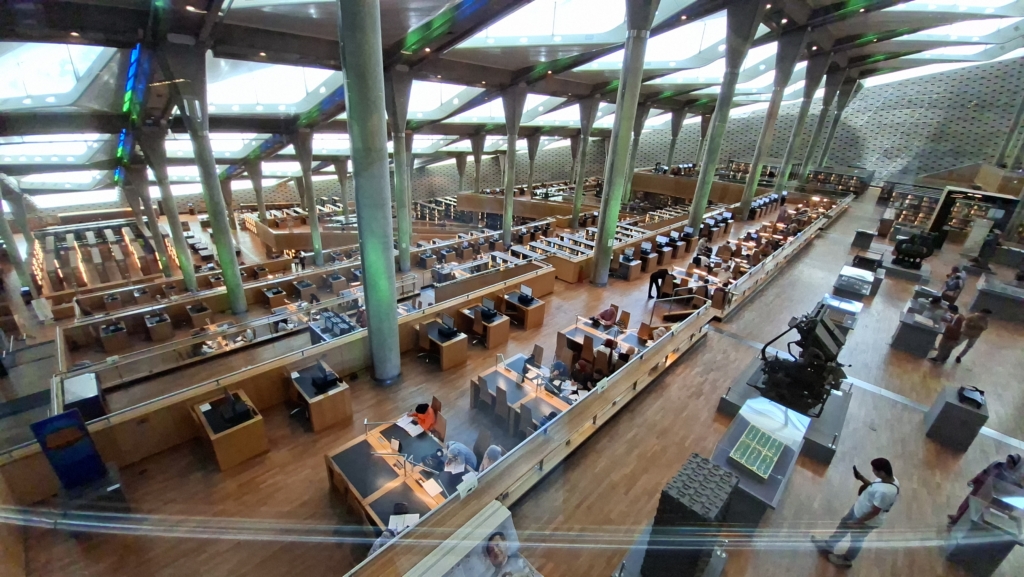
Its architecture, sprawling and futuristic, is a haven for knowledge-seekers.
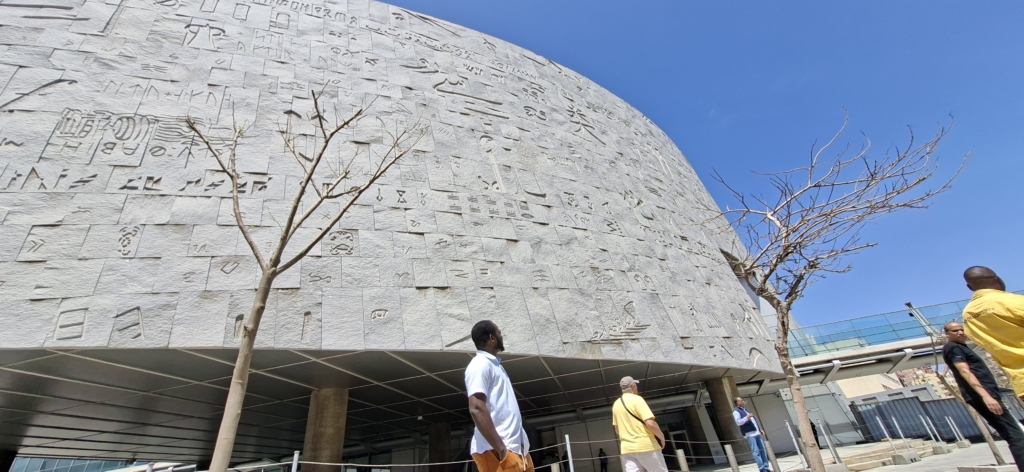
We explored rare manuscripts, ancient relics, the mummified remains of a young girl and personal artifacts of President Anwar Sadat - including the very military regalia he wore the day he was assassinated. It was fascinating, eerie and unforgettable.
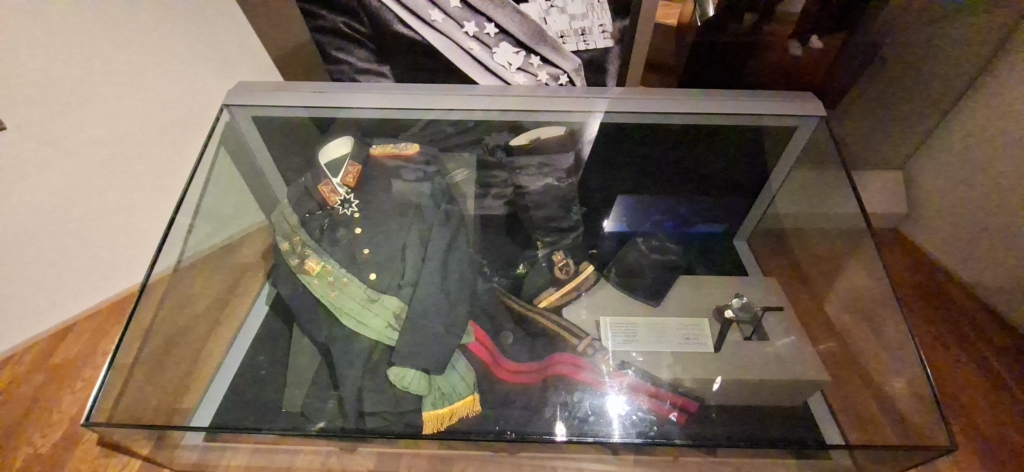
We were disappointed when cameras weren't allowed in certain sections - we wanted to tell our friends and families that, 'We were here some.' Still, I left the library and Alexandria in awe.
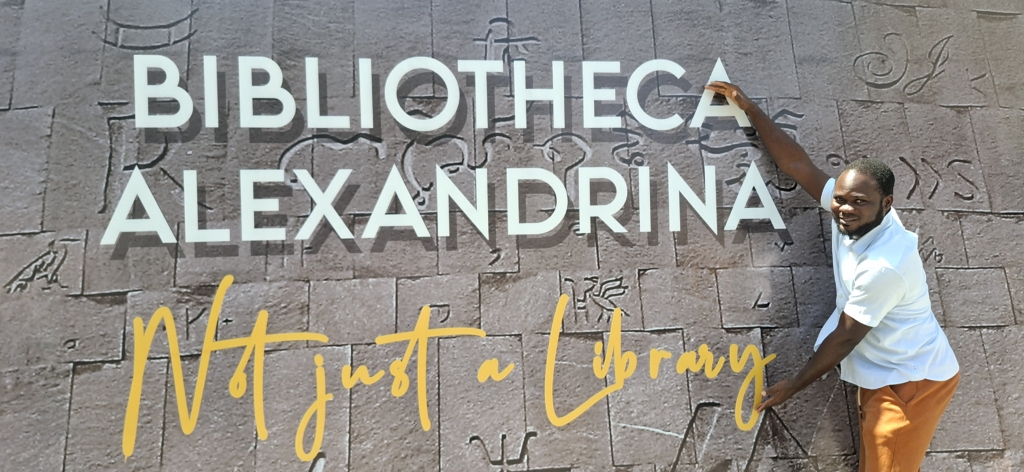
"I will return one day," I promised myself.
But that's the thing - I'm no longer sure I will.
Because Egypt has a problem. A serious one. A smoky one.
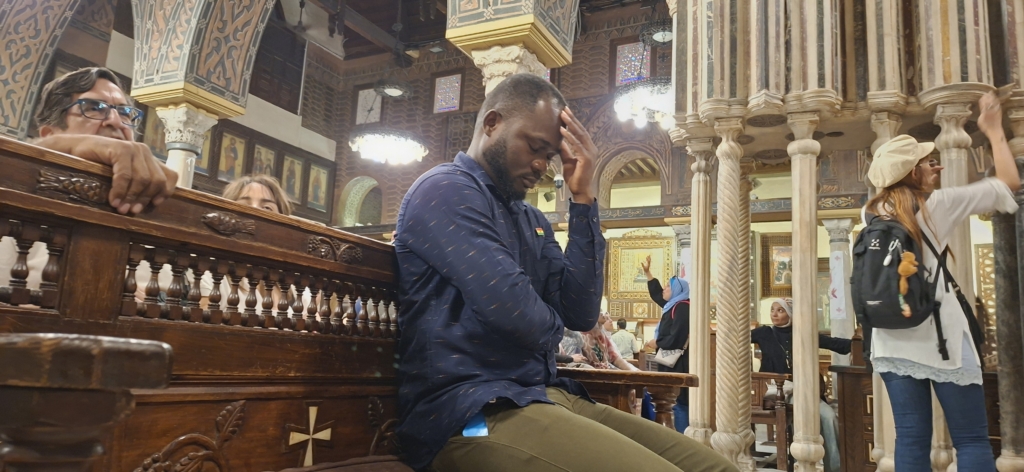
I've never been around so much cigarette smoke in my life. It's everywhere - indoors, outdoors, in moving cars, in elevators. It creeps into your clothes, hair and lungs. You can't escape it.
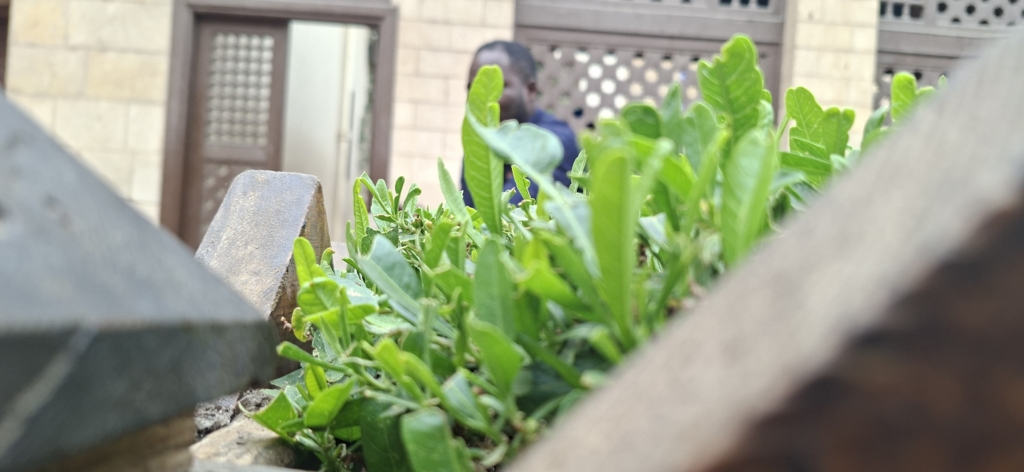
It became impossible to ignore. Even areas with clear "No Smoking" signs were treated like invitations. Teenagers, barely 14 or 15, smoked freely on the streets. There seemed to be no enforcement of public smoking regulations. Even the police and traffic wardens smoke on the streets.

The law, Law No. 52 of 1981, prohibits smoking in closed public places - offices, transport, bus stations, tourist sites just to mention but a few. But in reality, those restrictions might as well be myths.

I did some digging.
The Tobacco Atlas (2022) paints a grim picture: tobacco use in Egypt is an epidemic. There appears to be complacency in allowing the tobacco industry to thrive, while the health toll escalates. Over 17.3 million adults in Egypt are smokers. That's nearly a quarter of the adult population.
The World Health Organisation pegs the smoking prevalence at 22% in Egypt, with increasing rates linked to family, peer and societal influence. The health effects? Cardiovascular disease, cancer, and even erectile dysfunction.
And that was more than statistics - I lived it.
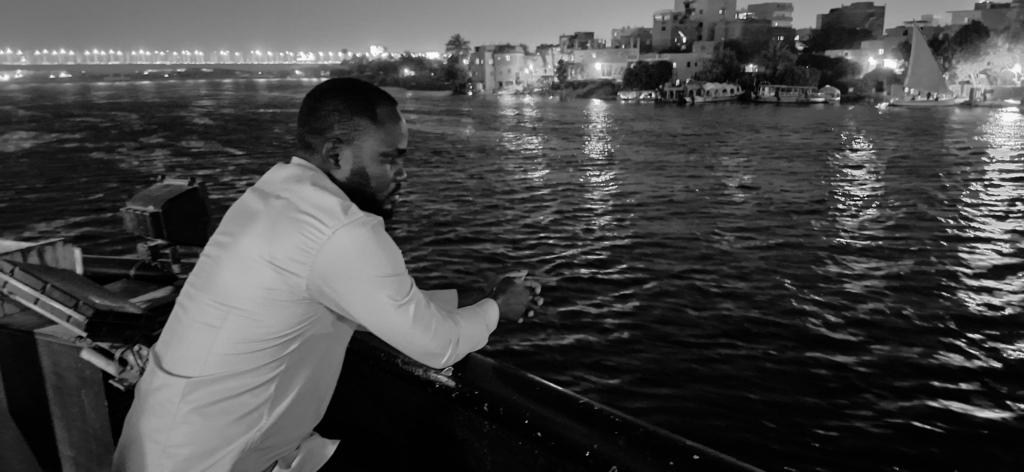
Getting to the close of our first week, a colleague had to constantly use her asthma inhaler during a road trip because someone decided to light up in the bus. Others developed persistent coughs overnight. I counted at least four such cases, including myself. I have been coughing throughout as I sit behind my laptop to write this piece.
It's not just Egyptians - other nationals smoked just as freely. There's an atmosphere of indifference to the consequences.
I came to Egypt carrying prejudices. I expected perhaps hostility and even detachment. What I experienced instead was hospitality, culture, friendship and belonging.
But I also became a heavy second-hand smoker, unwillingly and constantly inhaling other people's choices.
I will be returning to Ghana with my biases diffused into the air but also with lungs that had inhaled more smoke in three weeks than I ever had in a lifetime.
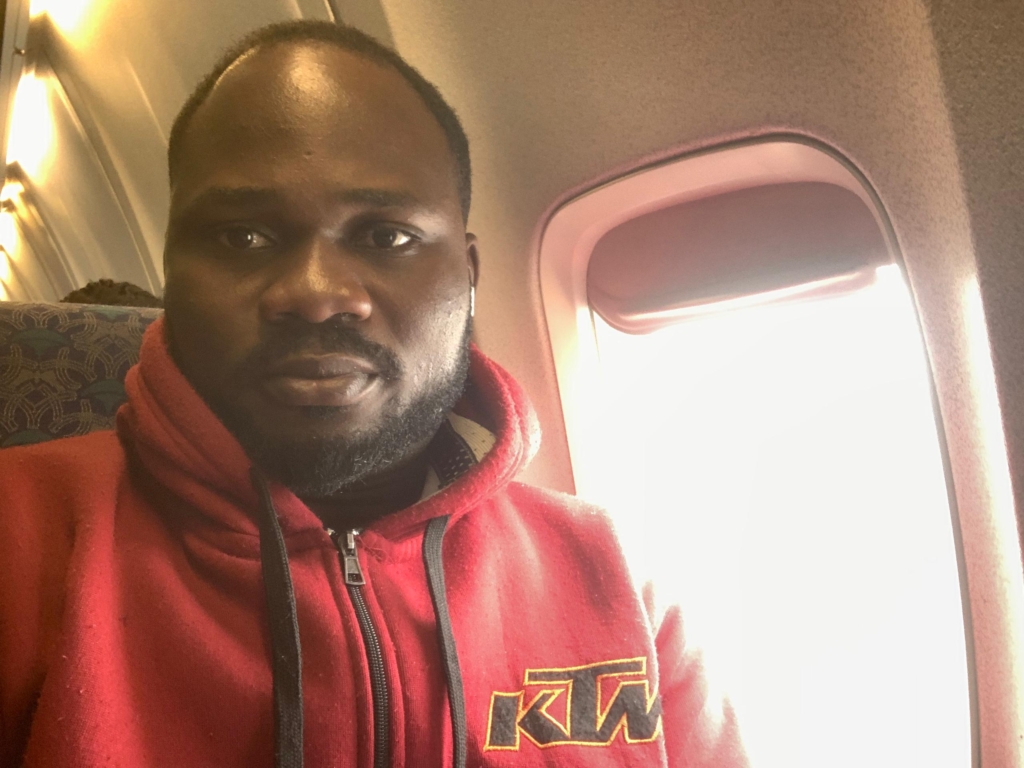
Egypt is a stunning country. It deserves to be on the world's vacation radar. But until smoking regulations are properly enforced, public health will suffer, and visitors will think twice before returning.
The Egypt I came to love deserves better. Its people deserve better.
Let it be said: I arrived with prejudice, but I left with polluted lungs.
Let's not choke the beauty of Egypt under a cloud of smoke.
Emmanuel Dzivenu is a broadcast journalist with The Multimedia Group Limited, specialising in human interest journalism, with a strong focus on disability, education, health and climate reporting. His work spans television, radio, and digital platforms, producing in-depth documentaries, special reports, and feature stories that spotlight underreported communities and national issues.
Latest Stories
-
Free SHS feeding issues: NPP has been vindicated, NDC scammed Ghanaians – Rev Ntim Fordjour
3 minutes -
Ghana’s economic rebound real, but reforms must continue – Bank of Ghana
3 minutes -
Otto Addo urges young Black Stars to seize Unity Cup opportunity
9 minutes -
Kotoko to decide Karim Zito’s future at end of season – Sarfo Duku
11 minutes -
‘The law is the law; and it’s being applied to her’ – Spio-Garbrah on suspended CJ’s removal saga
22 minutes -
Oaks FC secure Women’s Premier League promotion with a game to spare
24 minutes -
The Chief Justice is undergoing a constitutional process – Hamza Suhuyini
41 minutes -
Kojo PJay wins Comic Writer of the Year at 2025 Ghana Comedy Awards
53 minutes -
Ghana’s tax system encourages evasion, enriches just a few – Prof. Quartey warns
56 minutes -
2025 Unity Cup: Otto Addo expects ‘tough battle’ against Nigeria
59 minutes -
Academic integrity under threat: The rise of exam scams
1 hour -
‘He didn’t get the recognition he deserved’ – Mikel Obi on Essien
2 hours -
Kumasi: Fire destroys several residential apartments at Bomso
2 hours -
Today’s front pages: Wednesday, May 28, 2025
3 hours -
Hilda Aku Asiedu: Ghana’s carbon credit pension proposal
3 hours

